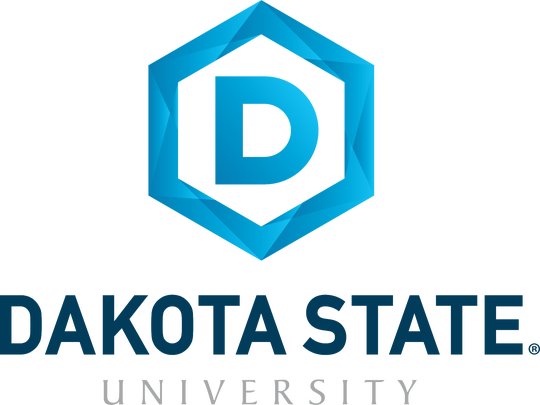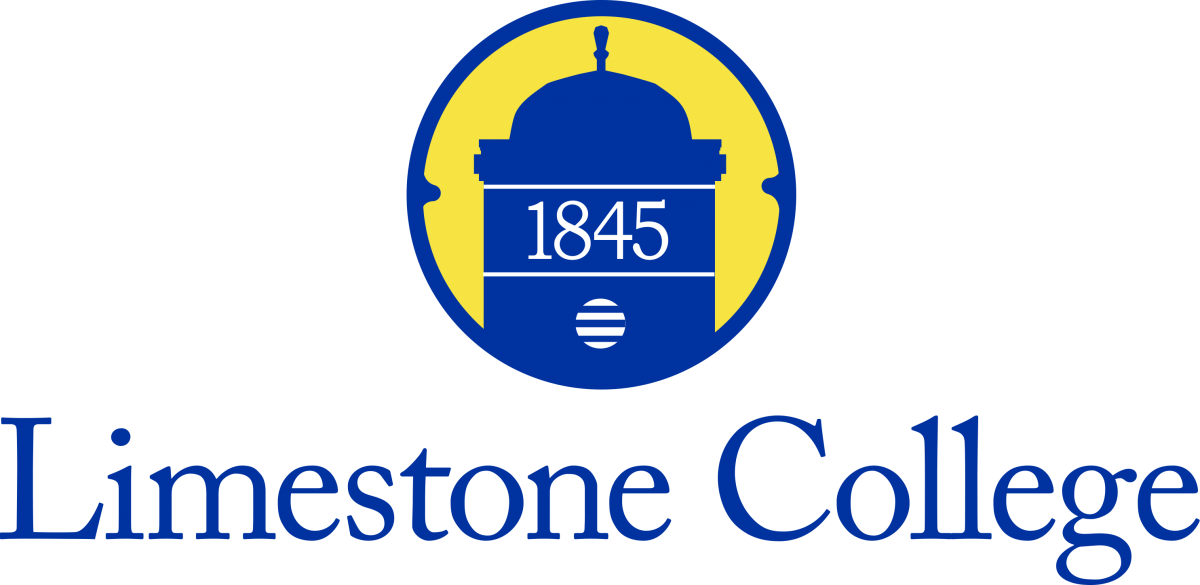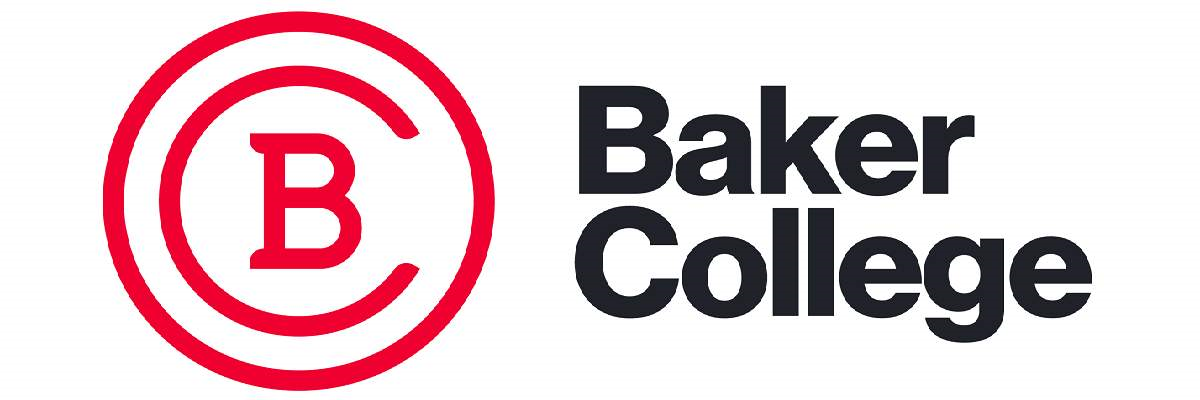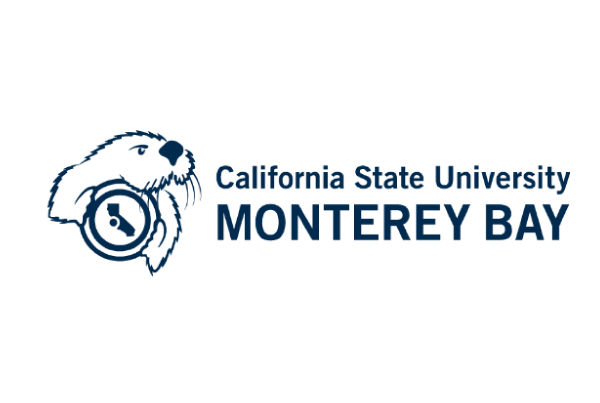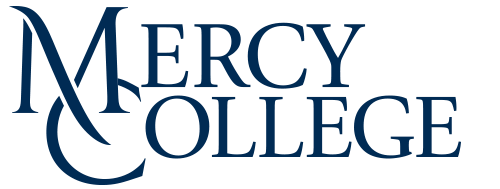You are less than 4 years away from a stable and lucrative career if you earn an online computer science degree. Ready to learn how?
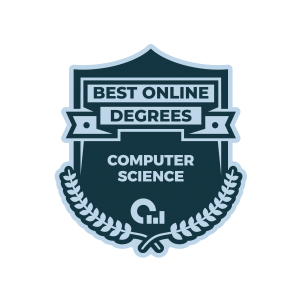
Python. C++. Java. What do these three words have in common? Code! Programming languages are at the heart of computer science. Spanish and French are great, but computer code is what pays the big bucks.
If you’re looking for a career that is both future-forward and mentally stimulating, an online Bachelor’s in Computer Science is just the ticket.
What is an online computer science degree?
Welcome to the future. Computer science is a field that knows no limits. Its goal is optimization, ingenuity, and progress. We have computer science to thank for essentially all modern-day technologies.
By earning an online Bachelor’s in Computer Science, you will tackle a challenging but fascinating field. Your curriculum will bring together a crazy combination of language, math, and theory.
Students who pursue this degree end up working lots of different areas—gaming, robotics, network security, artificial intelligence. That’s just to name a few! Whereas Information Technology is more concerned with network setup and configuration, Computer Science reels back a few steps further and deals with code, algorithms, and programming.
Some of the schools on this list offer career-based tracks for students to apply their degree in a specific way. A few of those include Database Technology, Systems Security, and Artificial Intelligence, and Computer Programming.
See Also: How Hard is it to Get a Job in Computer Science?
How much can you earn with an online bachelor’s degree in computer science?
One of the best things about the field of Computer Science is that you don’t necessarily need an advanced degree to make some serious money right out of the gate. According to the Bureau of Labor Statistics, folks in computer science make on average upwards of $100k per year. Here’s a closer look at some annual salaries:
- Computer Information Scientists: $118k
- Computer Network Architects; $109k
- Computer Programmers: $84k
- Information Security Analysts: $98k
That’s not even the best news! The entire field is projected to increase by 13% between now and 2026. That means the field is looking to add 557,100 new jobs in the next 7 years. Add yourself to that figure!
If a low cost degree with a potentially high return on investment is your top priority, OSR has also ranked the Most Affordable Online Computer Science Degrees.
What is required for an online bachelor’s program in computer science?
One thing is decidedly not required for all of these programs—on-campus attendance! Each of these Bachelor’s in Computer Science programs are online. This gives you total freedom to earn your degree at your own pace, on your own terms.
The admissions process for these programs are fairly straight-forward. You’re expected to provide high school transcripts or proof of the GED. You have to meet a minimum GPA of around 2 or 2.5 out of 4. You have to fill out an application and pay an application fee. And then, voilà, you’re good to go!
A number of programs on this list are extremely transfer-friendly. So if you already have an associate’s degree or a handful of college credits, keep an eye out for schools that honor your previous credits.
See Also: Best Study Apps for College Students
What are the best online computer science degrees?
OSR uses six data points: three school-wide and three program specific. For school-wide, OSR uses Student Satisfaction, Admission Rates, and the number of programs the school offers online. For program specific, OSR checks the Median Debt of graduates from that program, how many degrees are offered within that program’s umbrella department, and what percentage of students at that school graduated from that department.
The six statistics are displayed by each school. The sliding bar under each statistic represents how that school compares to other US institutions. “Not reported” means a school did not release that information to the US Department of Education. A more detailed description of the OSR process can be found on the methodology page.




